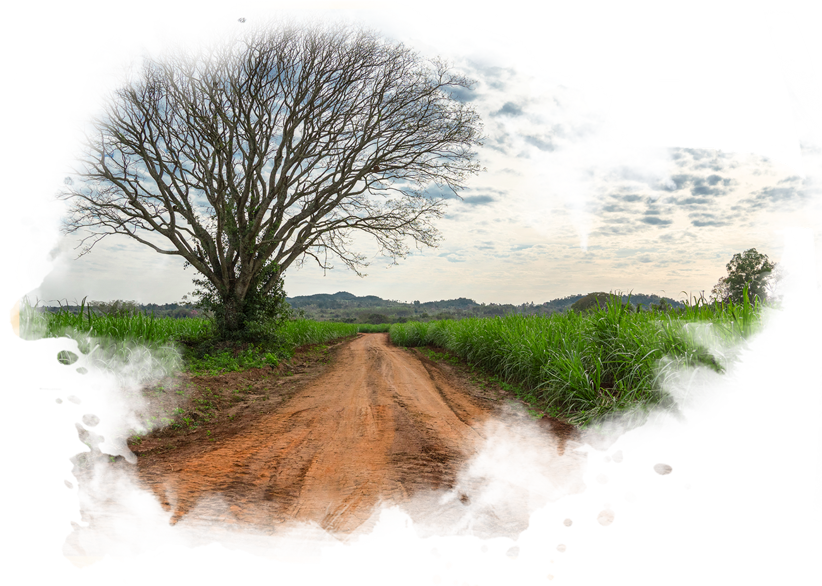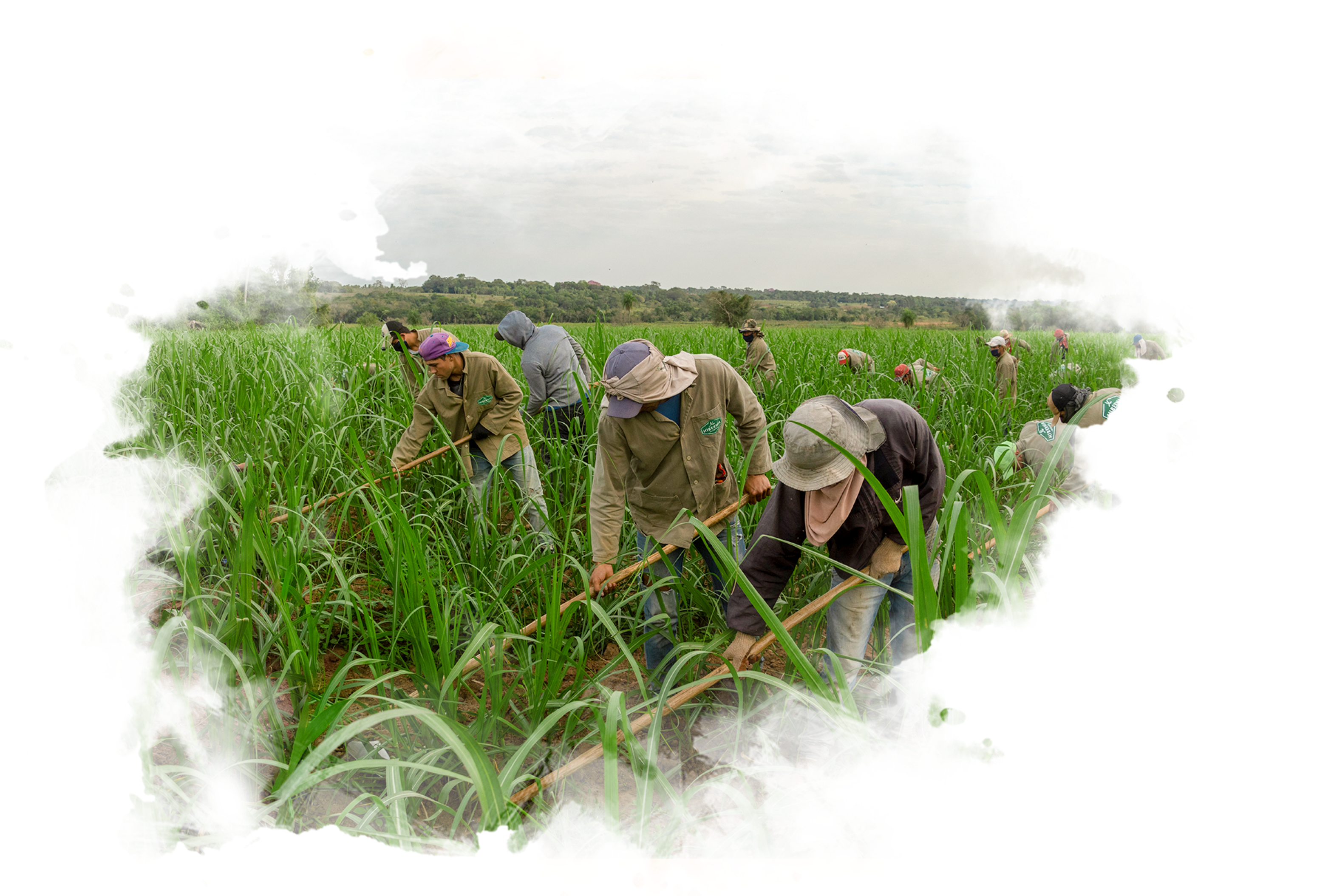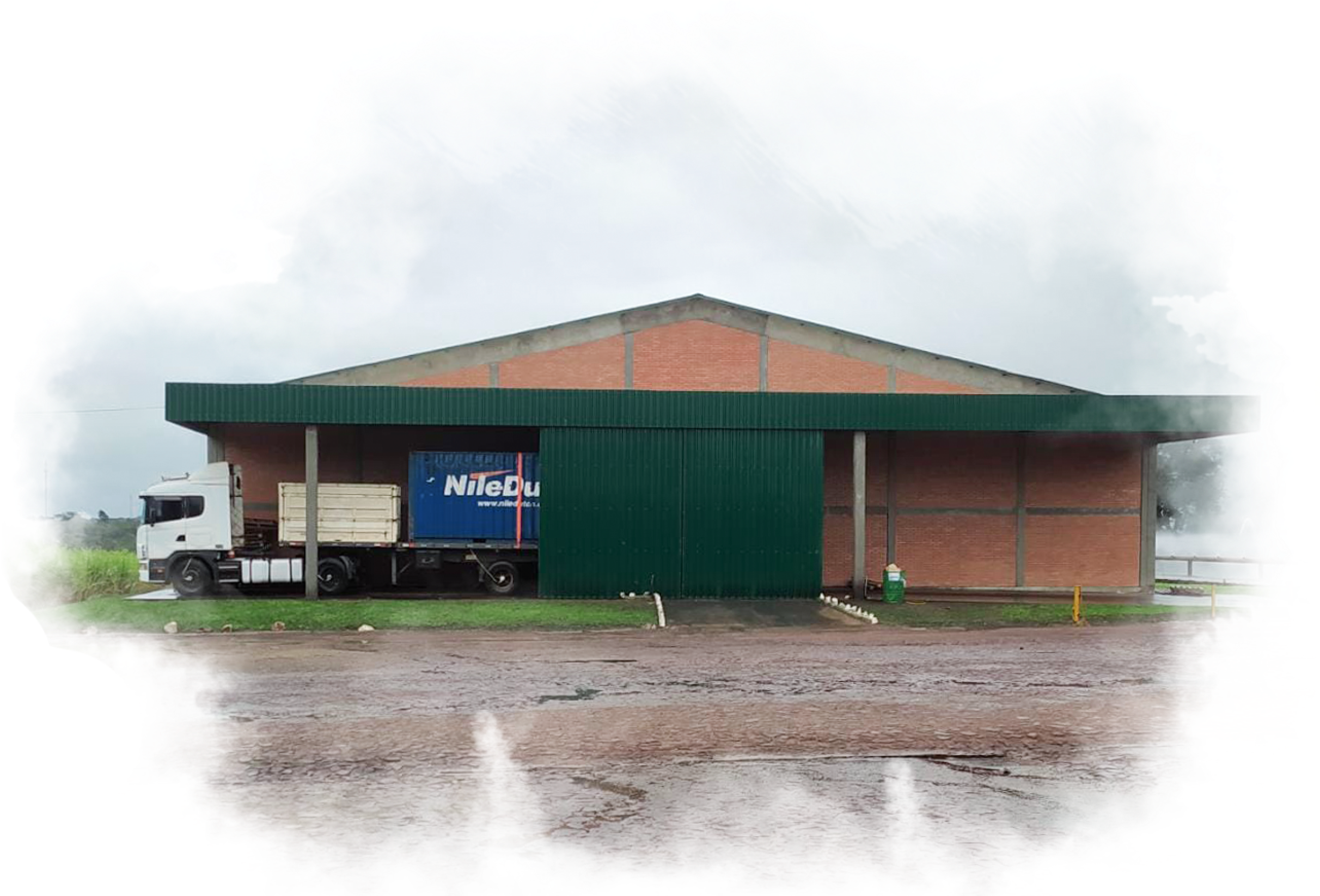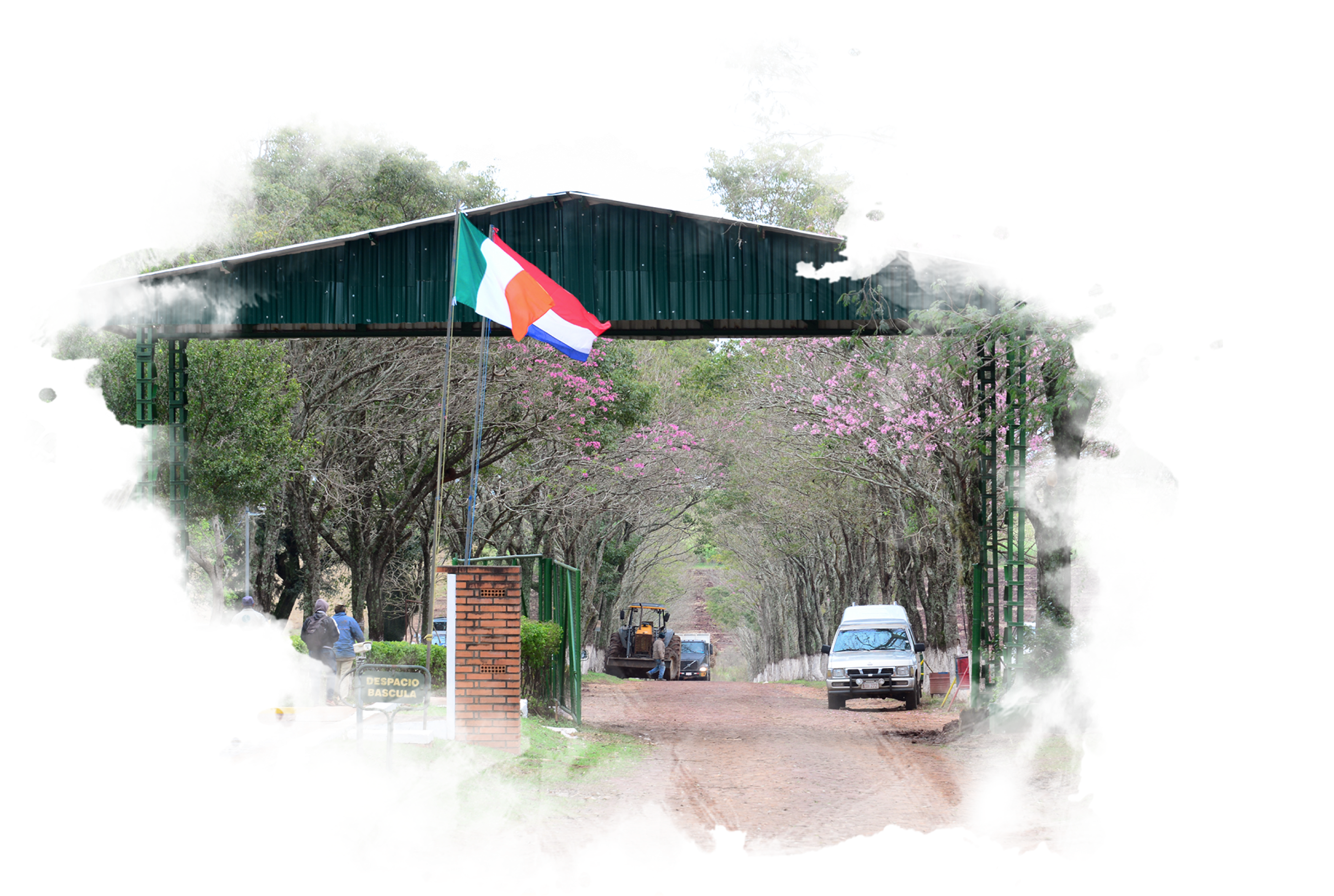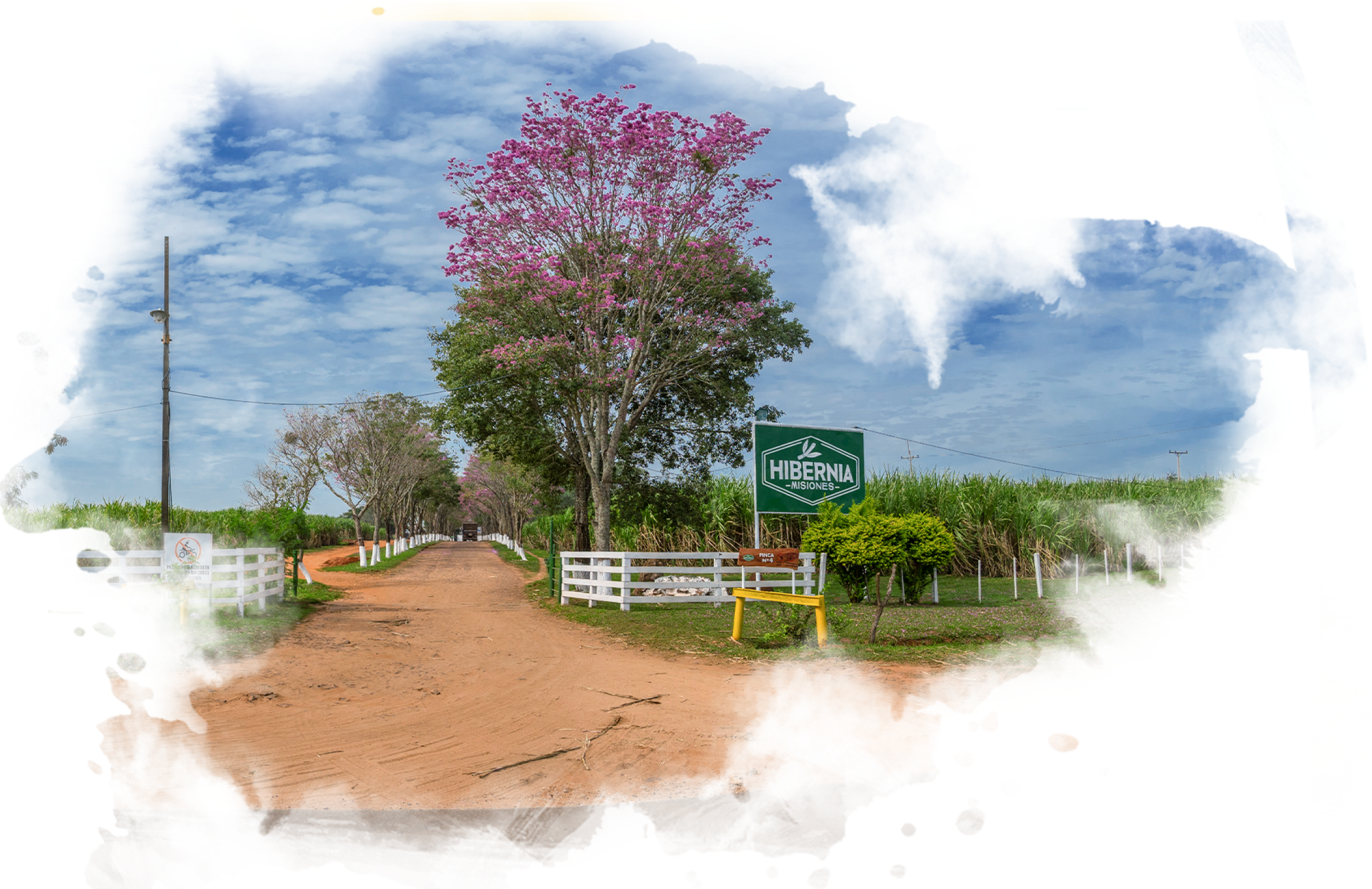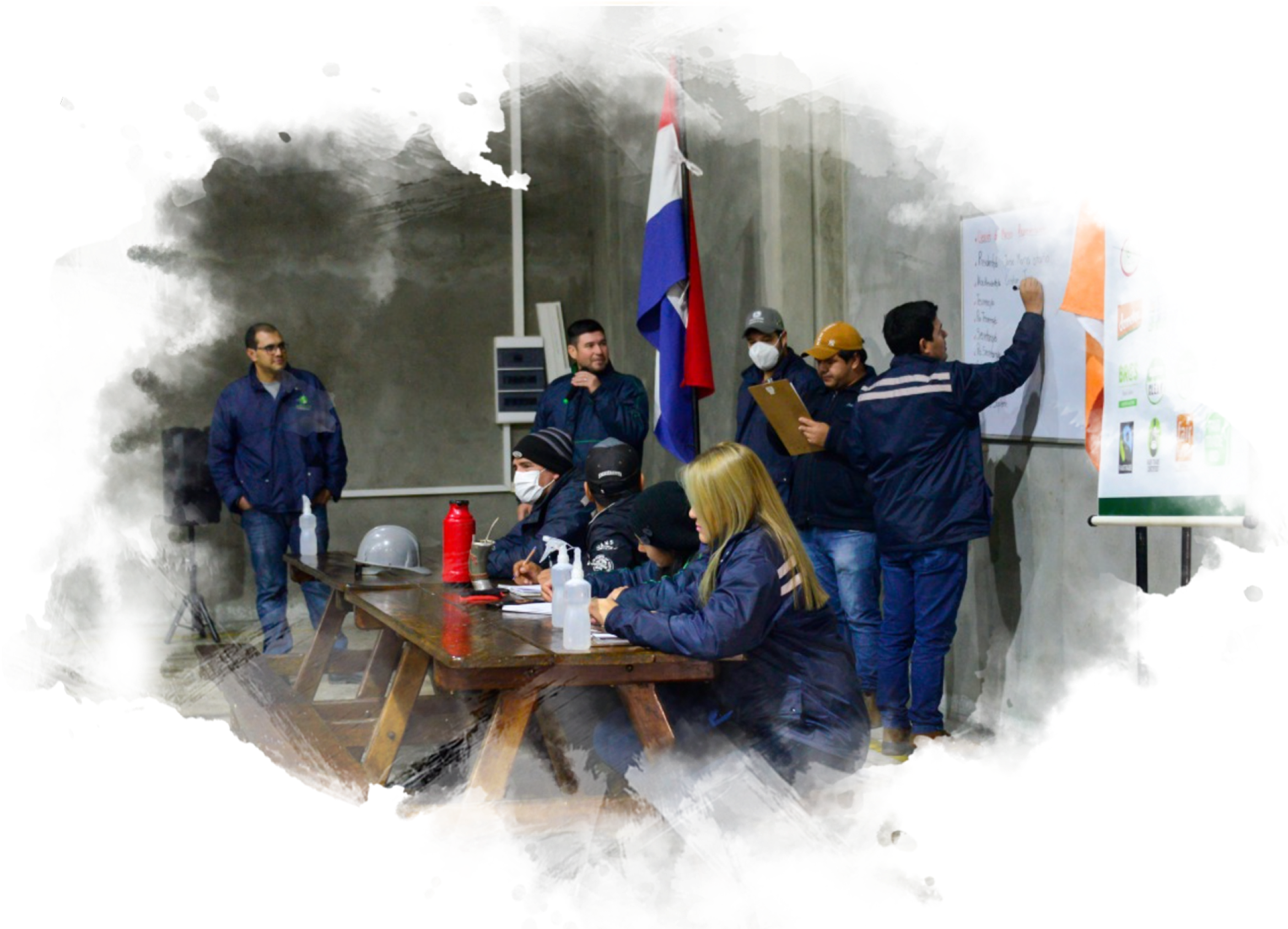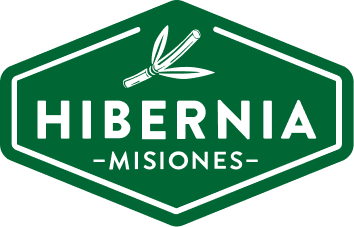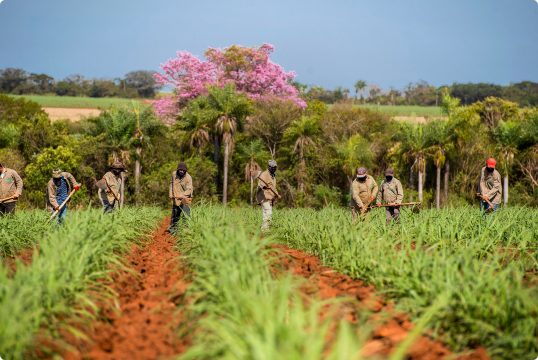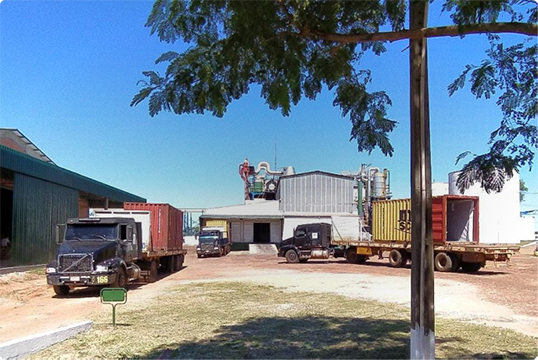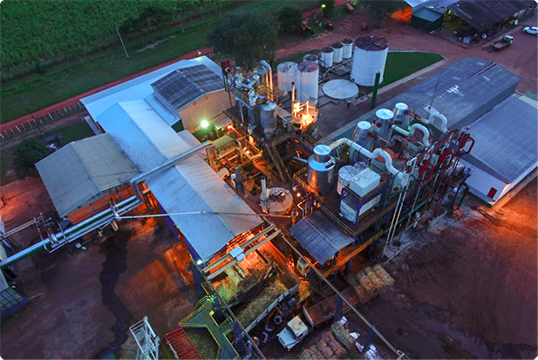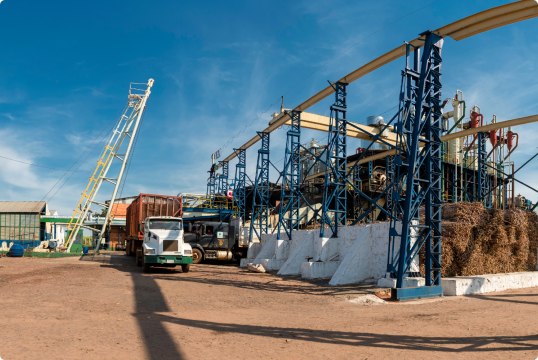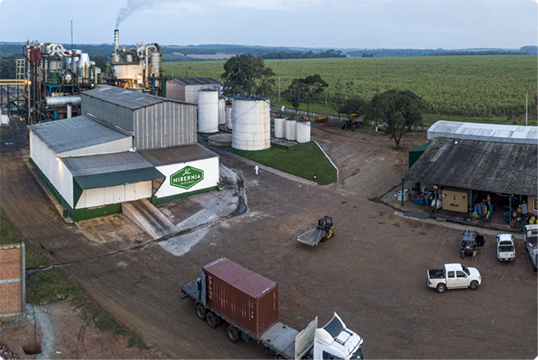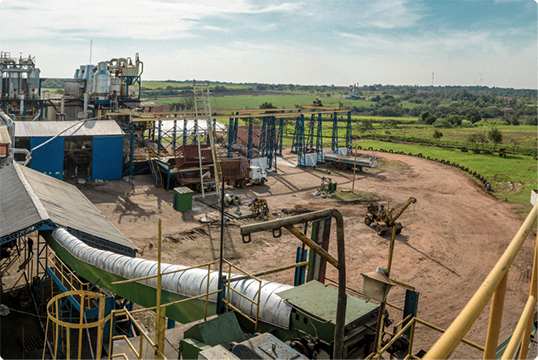local and global impact
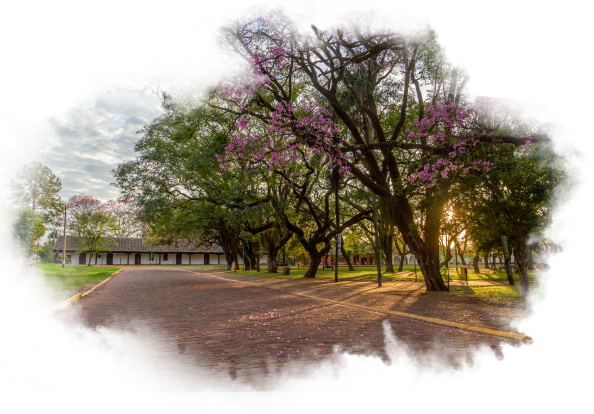
Our History
The plant initiated its operations back in 1988, first as a distillery of sugarcane for ethanol production, then as an organic sugarcane mill, before adding back distilling capacities in 2023.
Our agro-industrial facilities are located in the town of Santa Maria de Fé, 225 km south of Asunción, capital city of the República del Paraguay and 15 km from San Ignacio, the larger city in the surroundings with regards to transport, public institution among others. The city is located in the Misiones region, one of the 17 departments of Paraguay.
It is within this region that the Jesuits started their South-American evangelisation in the 16th century. They built protected reserves and missions to educate native populations and show them how to work the fields and have cattles.
OUR BRAND
HIBERNIA MISIONES
Established in 2011
OUR VALUES
Since 2011, our core values are based on three key pillars that have enabled Hibernia Misiones to differentiate itself in an increasingly uniform organic sugar market.
Focus on taylor-made specialties sugar production
Broad spectrum of certifications allowing multiple combinations
Support to the local community
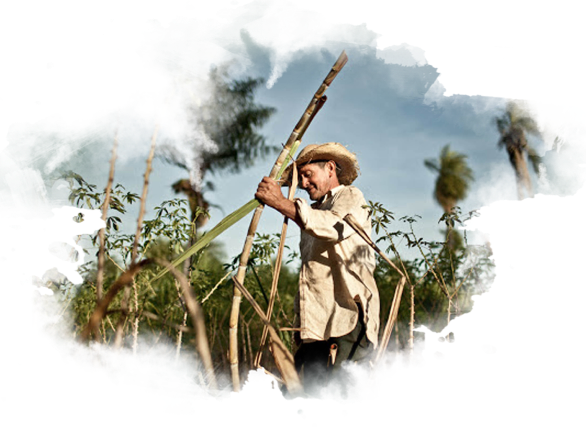
Hibernia Misiones’ organic sugarcane is grown locally, on a total of over 1,800 hectares. Of this, approximately 265 hectares are owned by some 170 private small local farmers.
Hibernia Misiones provides regular free technical advice and support to these small farmers to ensure they can comply with all the necessary organic certification standards. As part of this ongoing training and assistance program, special emphasis is placed on the management and rotation of crops, such as sesame, mung beans, chrotalarium, etc. To ensure the long term viability of the natural soil.
THE PLANT
FROM PARAGUAY TO THE WORLD
The opportunity to produce organic cane sugar came naturally back in 2000 to expand the market share of the company. Following a 3-year transition period, Hibernia Misiones received its full organic certification and started to export its first organic sugar production to Europe.
Our engineering team has successfully managed, over the years, to increase the sugar mill’s productivity to respond to our customers’ needs both in terms of quantity and quality.
In 2019, the Company embarked, thanks to its new shareholder, on a massive modernization and industrial development programme: a new boiler was first installed allowing a better combustion with a higher steam generation volume, a new milling line allowed increased crushing volume and a better juice extraction ratio and bagasse dryness to improve combustion in the boiler.
Adding an additional automatic juice extractor (= centrifuger), a “cooking pot” (= tacho de cocimiento) and another filter (= Turbo filtro) improved automatisation and quality of the industrial process.
Today, Hibernia Misiones produces high quality sugar with low levels of impurities and sediments.
contact us Now
Do you have any questions or suggestions? We are fully open to hearing from you. Just fill out the form below and leave your message.
THE TEAM
SANTA MARIA (PLANT)
During the crop period (May-October), the total number of employees working for HIBERNIA MISIONES increases to 275 persons in the plant and the fields of Santa Maria de Fe, spread across all departments: Production, Quality, Agriculture, Maintenance, Security, Logistics, HR, etc.
Hibernia Misiones is the only substantial private employer in and around the city of 12,000 inhabitants and therefore fulfills a vitally important part in the local economy.
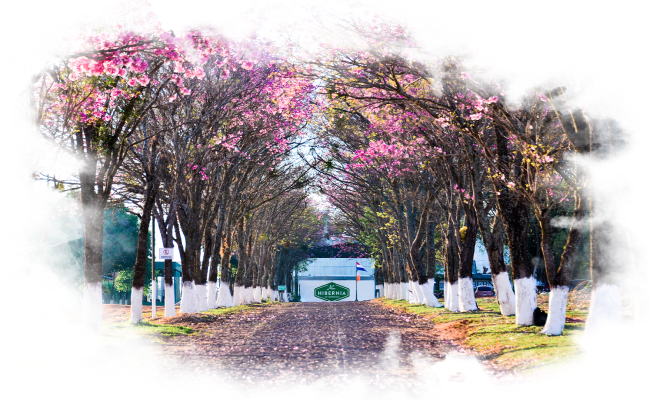
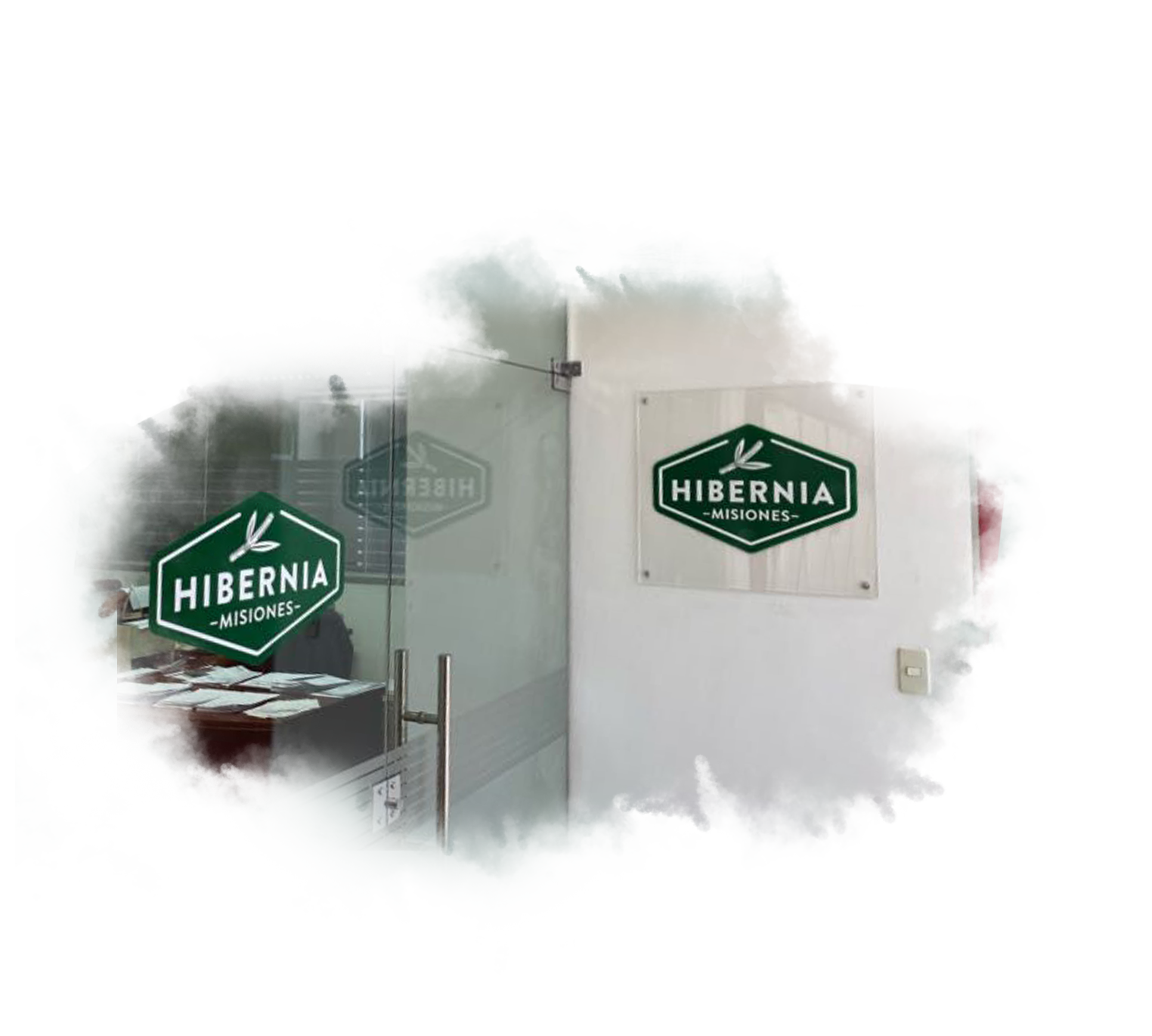
ASUNCIÓN (CORPORATE OFFICE)
Located in the company’s headquarters in Asuncion, our administrative team is in charge of Accounting, Logistics, Customer service, Sales and Marketing, permanently connected with our colleagues in Santa Maria.
HIBERNIA ensures that training and internal mobility is available to all staff to further their careers paths and develop their interests in all aspects of the company’s operations, markets and products..

Worldwide presence
Like 95% of all Paraguayan exports, all our export production is shipped on containers on the Paraguay river to ports in Argentina and Uruguay for further travels to all global destinations.
We can operate from any ports on the Parguay river, from Pilar in the South to all ports located in Asuncion, the country’s capital.

